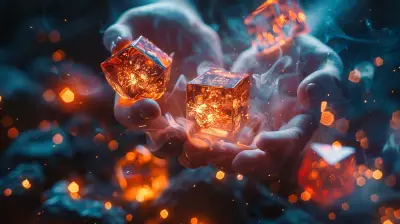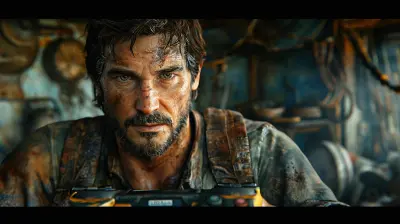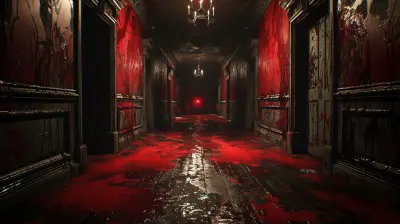What Makes a Good Protagonist in an Adventure Game?
30 September 2025
Let’s be honest—when you fire up an adventure game, you're not just looking for puzzles, wild environments, or monsters around every corner. You're diving in for the ride alongside someone who makes that journey meaningful: the protagonist.
Think about it—whether it's an archaeologist with a whip, a brooding detective in a trench coat, or a brave little nobody from a humble village, the protagonist is the soul of the adventure. They’re the reason you press "continue" at 2AM instead of going to bed like a responsible adult.
So, what actually makes a good protagonist in an adventure game? It's not just about flashy abilities or backstories loaded with drama. It's deeper than that. Let's break it all down.
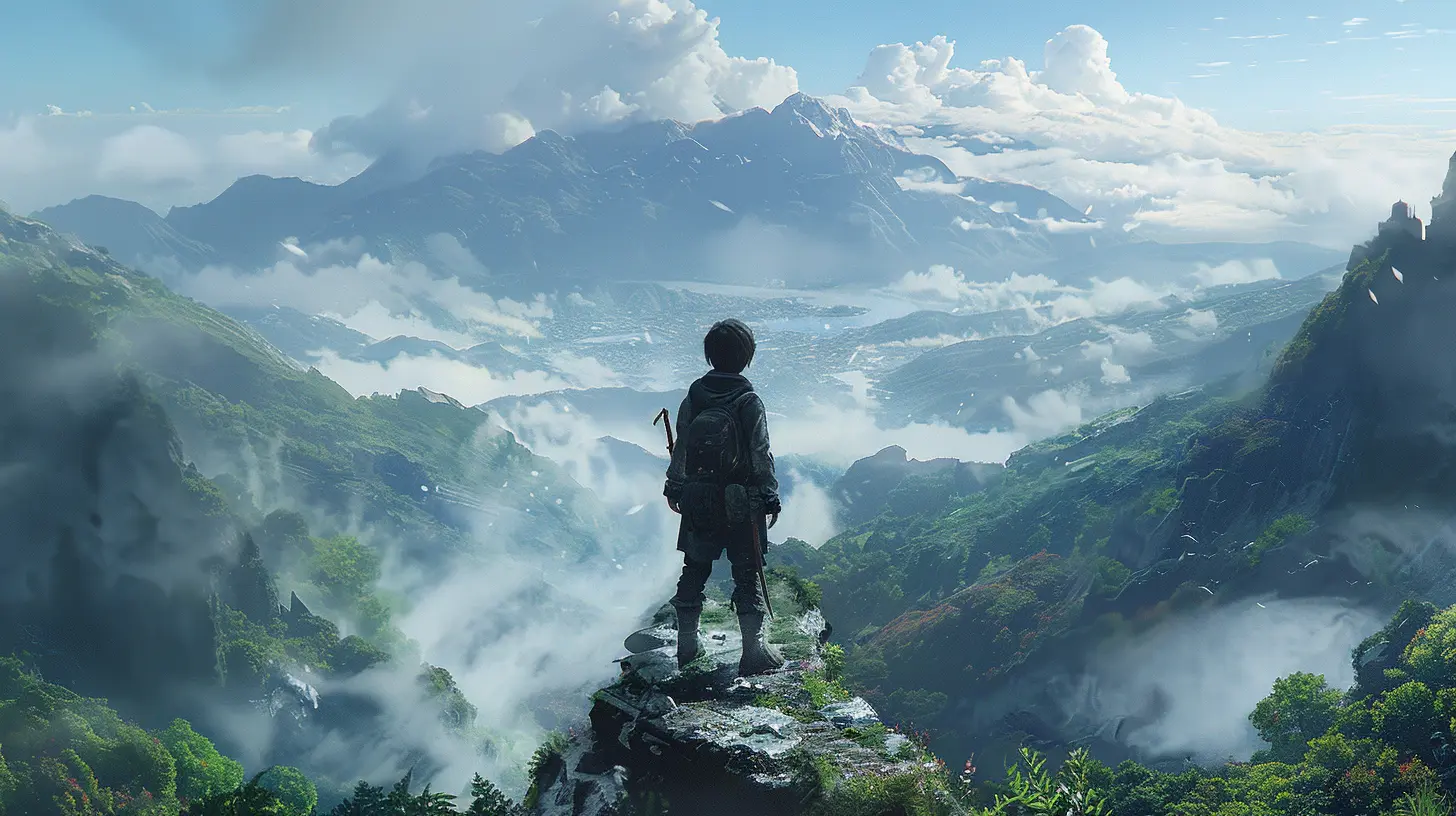
1. A Strong Sense of Purpose
A great protagonist isn’t just wandering around aimlessly. They have a reason to move forward, and that reason drives the entire game.Whether it's saving a kidnapped sibling, uncovering a hidden truth, or just trying to survive, the character’s motive gives you, the player, something to latch onto emotionally.
Even if the goal seems small at first, a good game lets it evolve. Maybe they're trying to get off a mysterious island, only to discover a larger threat. A well-crafted protagonist grows with their purpose.
> ⚡ Example: Look at Joel in The Last of Us. Initially, it's just about getting Ellie from point A to point B. But the emotional layers keep building, and so does your connection to him.
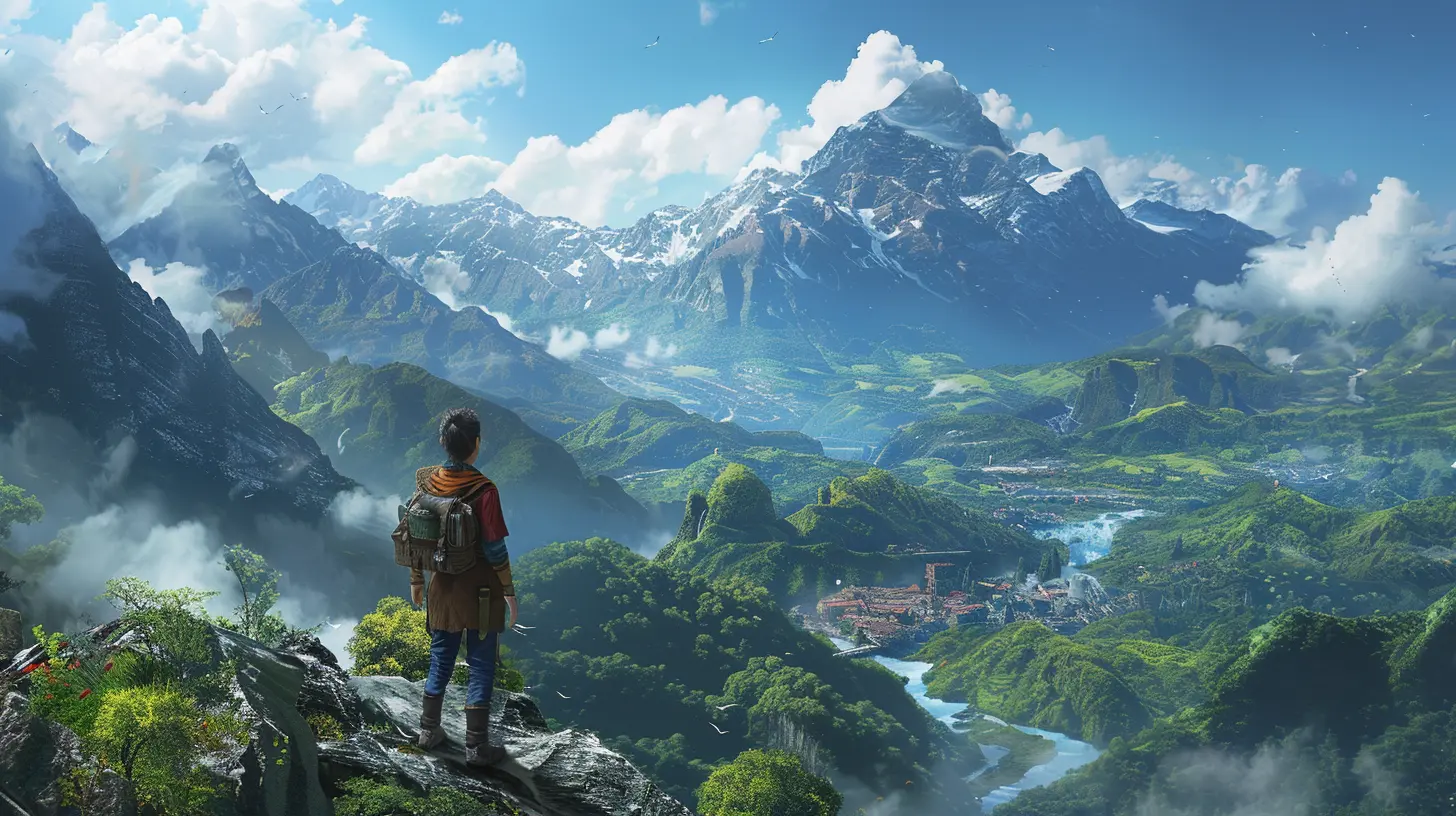
2. Relatability Over Perfection
Perfect characters are boring. Period.Nobody wants to play as a flawless superhero who always says the right thing and never messes up. That’s just unrealistic—and kind of annoying.
Players want protagonists who struggle, who make mistakes, who feel human. Relatability is the glue that sticks you to the story.
Give me a guy who panics when things go south. Give me a girl who questions the morality of her quest. These are the characters that create real engagement.
> Ever played Life is Strange? Max Caulfield isn’t some elite action hero. She’s awkward, nervous, unsure—and that’s exactly why you care about her.
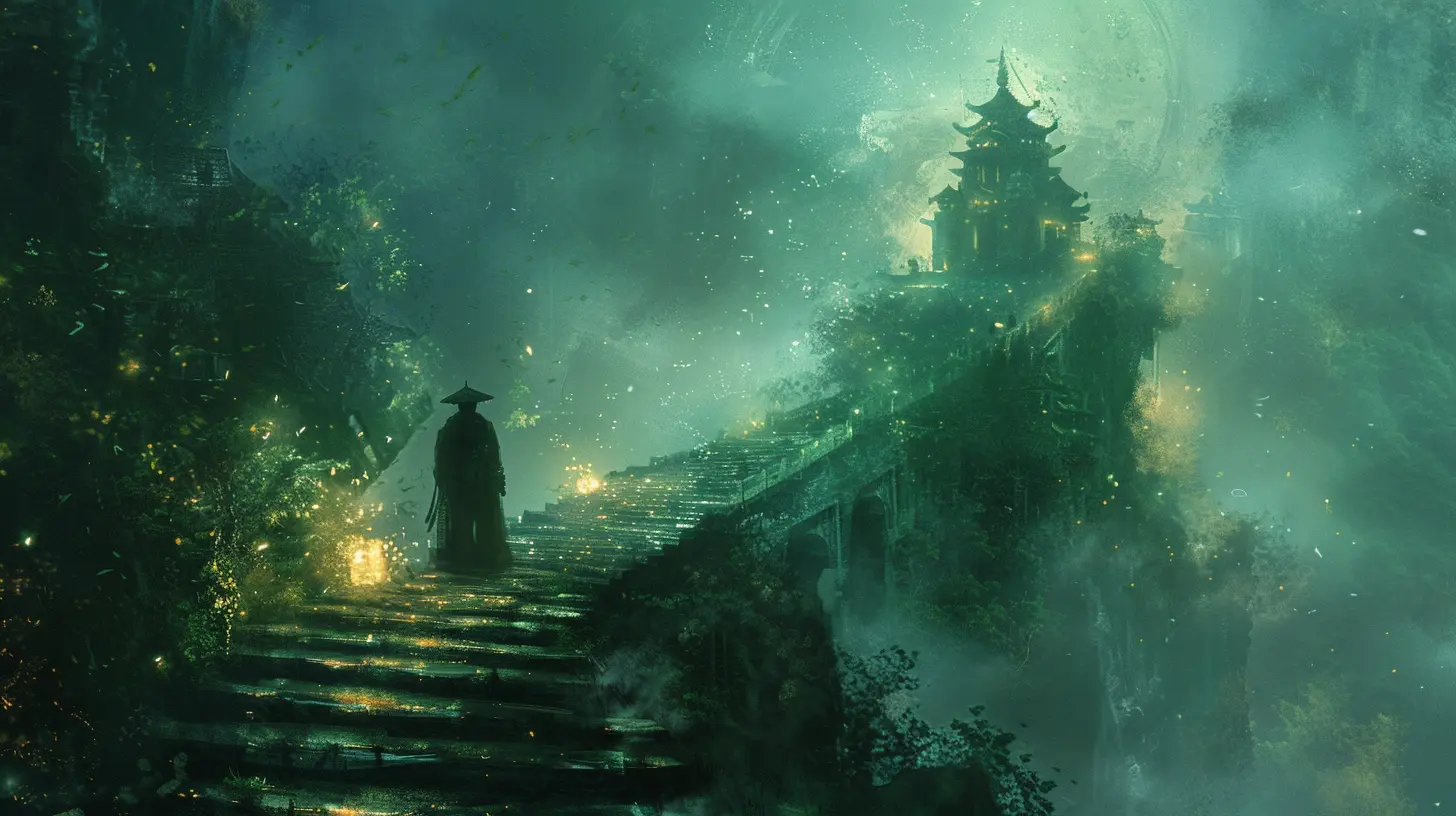
3. Character Development That Feels Earned
Characters should evolve. A protagonist who’s the same at the start and end of the game? That’s a wasted opportunity.A great protagonist grows with the game. Their experiences change how they think, how they act, and how they see the world. You get to feel that progression, and sometimes you don't even see it coming.
This kind of payoff makes the journey worthwhile. It’s not just about where you go—it's about who you become on the way.
> Think of Lee and Clementine in Telltale’s The Walking Dead. Their relationship—and how it changes them—is really the heart of the whole series.
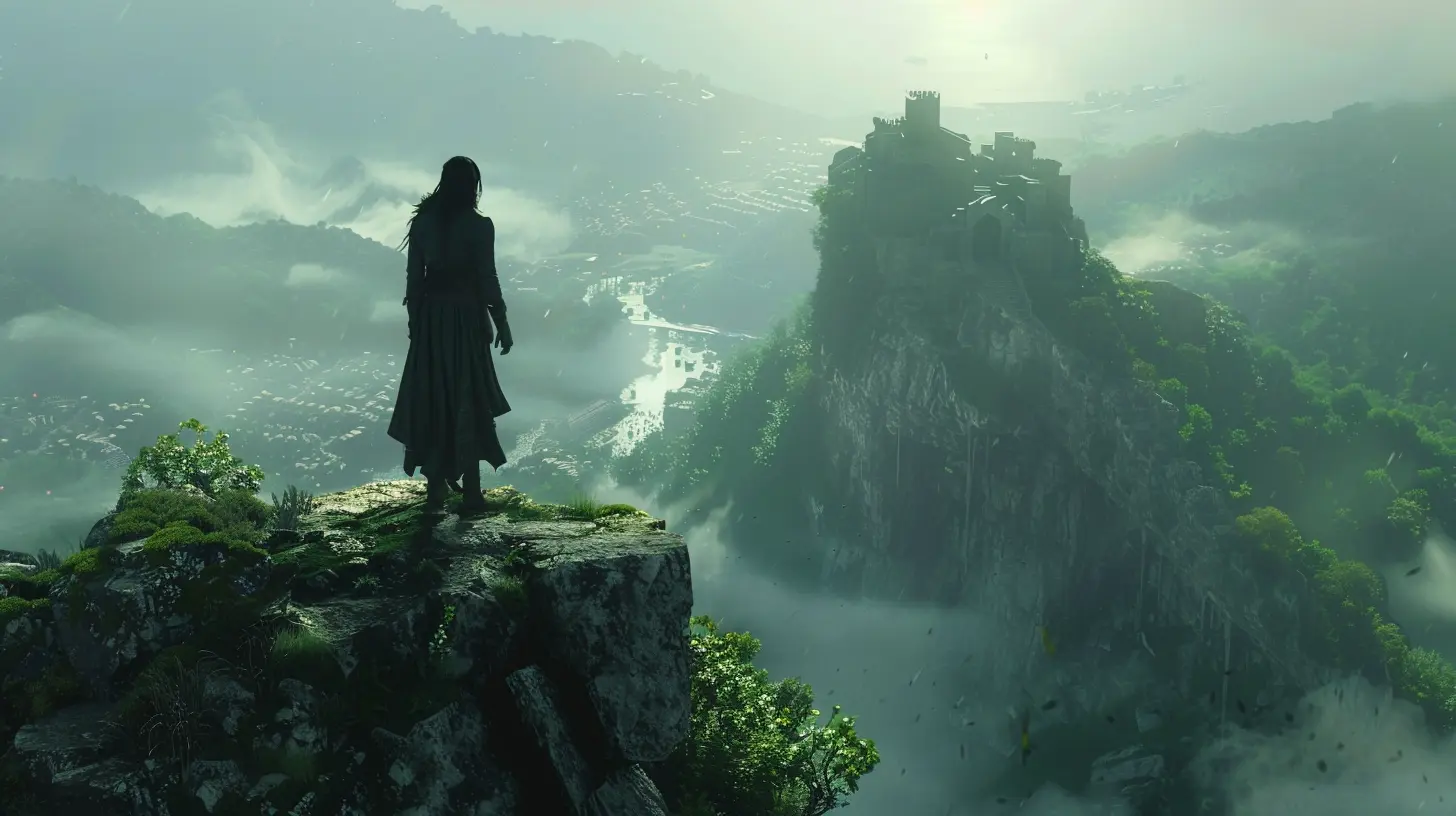
4. Distinct Personality and Voice
Ever try playing an adventure game where the lead character is just... bland? Yeah, not fun.The best protagonists pop. They’ve got quirks. A distinct way of talking. Opinions. Humor. Sarcasm. Fear. Sass. Give them spice, not corporate training video energy.
A strong voice can elevate a good story to a great one. It also gives the player a much clearer emotional anchor to hang on to when things get wild.
> Lara Croft didn’t become iconic because she was good at climbing. She had attitude. And Nathan Drake? He’s basically Indiana Jones with dad jokes.
5. Meaningful Backstory
You don’t need a 500-page novel about your protagonist’s childhood trauma, but a compelling backstory adds flavor and motivation.A good backstory answers the "why”. Why do they care? Why are they involved in the first place? Why should we root for them?
This doesn’t mean dumping all the details upfront. It means unraveling pieces as the game goes on, rewarding players who dig deeper and pay attention.
> Geralt of Rivia has layers. Sure, he slays monsters. But his past, his relationships, and his identity as a Witcher make him so much more than a sword with legs.
6. Empowering Player Connection
Here’s where it gets interesting: in adventure games, the protagonist is more than just a character on screen. They're you, in a way.Good adventure games design protagonists so players can form a connection—not just emotionally, but interactively.
Does the game let you make choices that affect the character’s path? Can you shape their personality through your actions or dialogue? If so, that’s golden.
> In Mass Effect, Commander Shepard is written with enough structure to feel real but enough flexibility to feel like your Shepard.
7. Emotional Range
No one likes a one-note character.If your protagonist only knows how to be angry or stoic or happy or quirky, they'll get old fast. Real people contain multitudes—and so should your in-game avatar.
Great protagonists show a range of emotions depending on what’s happening. They’re vulnerable when things hurt. They’re hilarious when things get out of hand. They get scared, proud, envious, inspired. Just like real people.
> Red Dead Redemption 2’s Arthur Morgan is a masterclass in emotional range. One minute he’s robbing a train. The next, he’s writing in his journal about what’s bothering him.
8. Consistency and Internal Logic
Okay, so you’ve got a protagonist with depth and a killer backstory. But if their behavior jumps around without rhyme or reason, players are going to check out fast.A solid protagonist needs to be consistent. If they’re cynical, let them earn their optimism. If they’re brave, let them have human fears too, but don’t flip-flop their actions without justification.
It's okay if they change, but the why behind that change has to make sense.
> Aloy from Horizon Zero Dawn is curious, skeptical, and resourceful. She stays true to this core even as her understanding of the world changes.
9. Impact On the World (and Vice Versa)
Adventure games thrive on interaction. A great protagonist should leave a visible mark on the world—and feel the consequences of it too.Whether it’s through combat, puzzle-solving, dialogue, or major story choices, who your character is should make a difference in how events unfold.
Also, the world should push back. The people your protagonist interacts with, the crises they face, should force them to adapt. That back-and-forth makes the narrative feel alive.
> In The Witcher 3, Geralt’s choices can literally change the fate of entire regions. People remember what you said, what you did—and they react accordingly.
10. Memorable Design and Expression
Last but not least—looks matter.We’re not talking graphics here. We mean design. A good protagonist should look like they belong in their world. Their clothes, facial expressions, posture—all of it should reflect their personality and background.
Are they rugged survivalists? Let their attire look worn from the road. Are they royalty in hiding? A mix of elegance and disguise would make sense. It's those little visual cues that help players instantly connect.
And let’s not forget facial animations or voice acting. These bring your protagonist to life in ways text never can.
> Kratos in God of War tells half his story through grunts and glares—and it's still intensely powerful.
Why Do Great Protagonists Matter So Much?
Because they’re our window into the world.No matter how stunning the game looks, how clever the puzzles are, or how thrilling the chase scenes get—if the person at the center of it all feels empty, none of it matters.
Games are about immersion. And you can’t immerse someone in a world without giving them someone to care about. Someone to root for. Someone to become.
The best protagonists aren’t just good for the story. They are the story.
Final Thoughts
So, what makes a good protagonist in an adventure game? It’s not just great writing or cool abilities. It’s a mix—a cocktail of personality, emotion, purpose, growth, and connection.They don’t have to be perfect. In fact, it’s better if they’re a little broken. What matters is how they carry us through the journey and make us feel like we were right there with them every step of the way.
Whether you’re crafting a new game or just diving into your next immersive experience, take a second to appreciate the character leading the charge. If they’re done right, they’ll stick with you long after the credits roll.
all images in this post were generated using AI tools
Category:
Adventure GamesAuthor:

Luke Baker
Discussion
rate this article
1 comments
Jackson Good
Must wear capes, wield sandwiches, scream!
October 6, 2025 at 2:27 AM

Luke Baker
While capes and sandwiches sound fun, a good protagonist should have depth, relatable motivations, and the ability to grow throughout their adventure!
